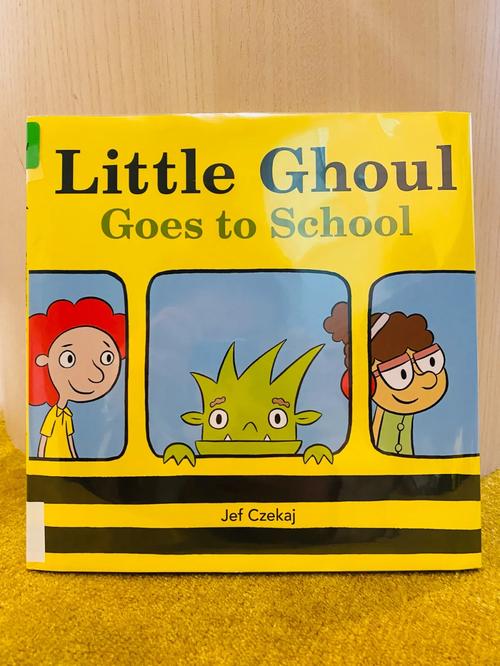
What Happens if a Ghoul Bites You?
Have you ever wondered what would happen if you were unfortunate enough to be bitten by a ghoul? Ghouls, as depicted in various cultures and folklore, are creatures that feed on the flesh of the living. While the concept of a ghoul bite is purely fictional, it’s intriguing to explore the potential consequences of such an event. In this article, we will delve into the possible effects of a ghoul bite, from immediate symptoms to long-term implications.
Immediate Symptoms
When a ghoul bites you, the first thing you might notice is a sharp, excruciating pain. The bite itself could be deep and jagged, leaving a significant wound. The ghoul’s saliva, which is often described as corrosive, might cause the skin to burn and swell rapidly. Here are some of the immediate symptoms you might experience:

-
Severe pain and swelling at the bite site
-
Burning sensation in the affected area
-
Discoloration of the skin around the bite
-
Difficulty breathing or swallowing
-
Feeling of weakness or dizziness
These symptoms can be quite alarming, and it’s crucial to seek medical attention immediately if you suspect you’ve been bitten by a ghoul.
Long-Term Implications
While the immediate symptoms of a ghoul bite are concerning, the long-term implications are even more terrifying. Here’s what you might expect if you survive the initial attack:
1. Infection
The ghoul’s saliva is likely to contain harmful bacteria and viruses. If the wound is not properly treated, it can lead to a severe infection. Symptoms of infection may include fever, chills, and the presence of pus at the bite site. In some cases, the infection could spread throughout the body, leading to sepsis, which is a life-threatening condition.
2. Uncontrollable Appetite
One of the most common traits of ghouls is their insatiable hunger for human flesh. If you survive the initial bite, you might find yourself developing an uncontrollable appetite for human flesh as well. This could lead to a dangerous cycle of violence and despair, as you struggle to satisfy your newfound craving.
3. Mental Health Issues
Surviving a ghoul bite can have a profound impact on your mental health. The trauma of the experience, coupled with the potential for infection and the uncontrollable appetite, can lead to anxiety, depression, and other mental health issues. It’s essential to seek psychological support to cope with the aftermath of such a terrifying event.
4. Social Isolation
Given the nature of a ghoul bite and its potential consequences, it’s likely that you would be shunned by society. People might fear contracting the infection or becoming a victim themselves. This could lead to social isolation, making it even more challenging to cope with the psychological and physical effects of the bite.
Prevention and Treatment
While there’s no real way to prevent a ghoul bite, it’s essential to be aware of your surroundings and take precautions when exploring areas known to be haunted or inhabited by ghouls. Here are some tips to help you avoid a ghoul bite:
-
Stay in well-lit, populated areas
-
Travel in groups
-
Carry a weapon for self-defense
-
Seek medical attention immediately if you suspect a bite
In the event of a ghoul bite, it’s crucial to seek medical attention immediately. The following treatment options may be considered:
-
Antibiotics to prevent infection
-
Antiviral medications, if necessary
-
Psychological support to cope with the trauma
Remember, while ghoul bites are purely fictional, it’s essential to be prepared for any situation that might arise. Stay vigilant, stay safe, and be aware of your surroundings.
| Immediate Symptoms | Long-Term Implications |
|---|





